As electric vehicles (EVs) become increasingly popular, many potential buyers are eager to explore their benefits. There are in excess of 40 million EVs on the road, which means EV ownership has increased over the past two decades. More people are interested in having EVs of their own.
However, it’s equally important to understand the disadvantages associated with electric cars. This article delves into the challenges that electric vehicle owners may face compared to conventional vehicles, from charging infrastructure to the performance of electric motors. Let’s delve deeper into the 8 key disadvantages of electric cars for potential buyers to judge.
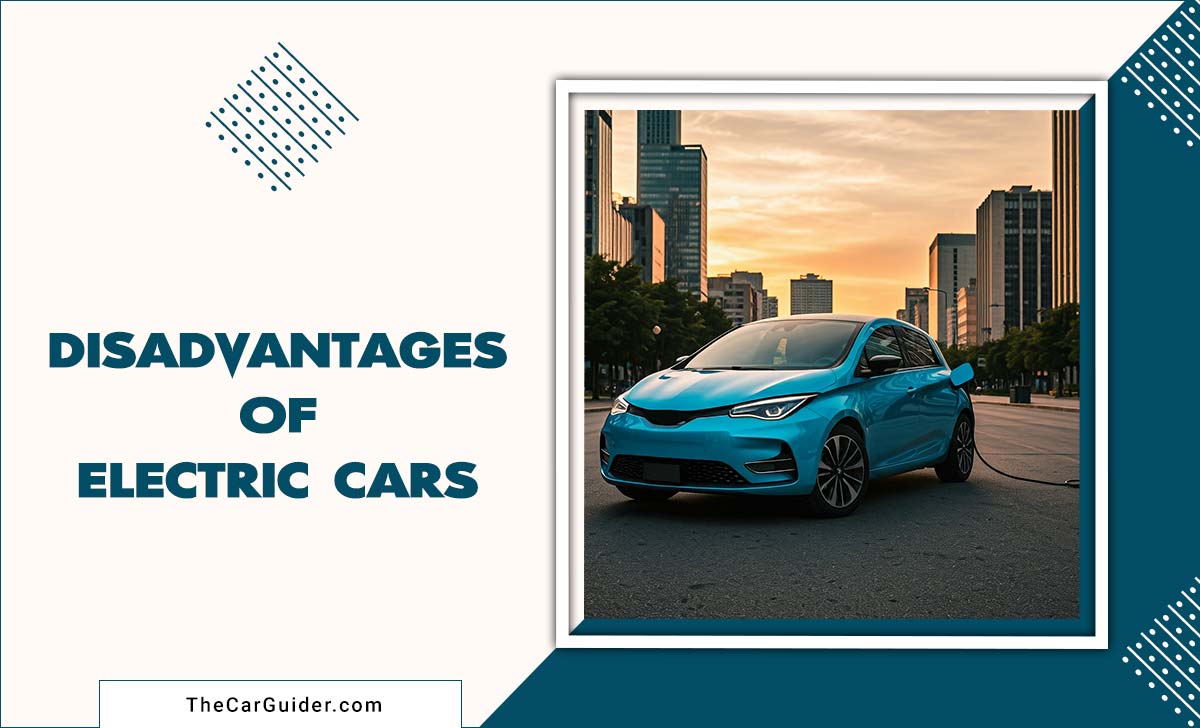
1. Limited Charging Infrastructure
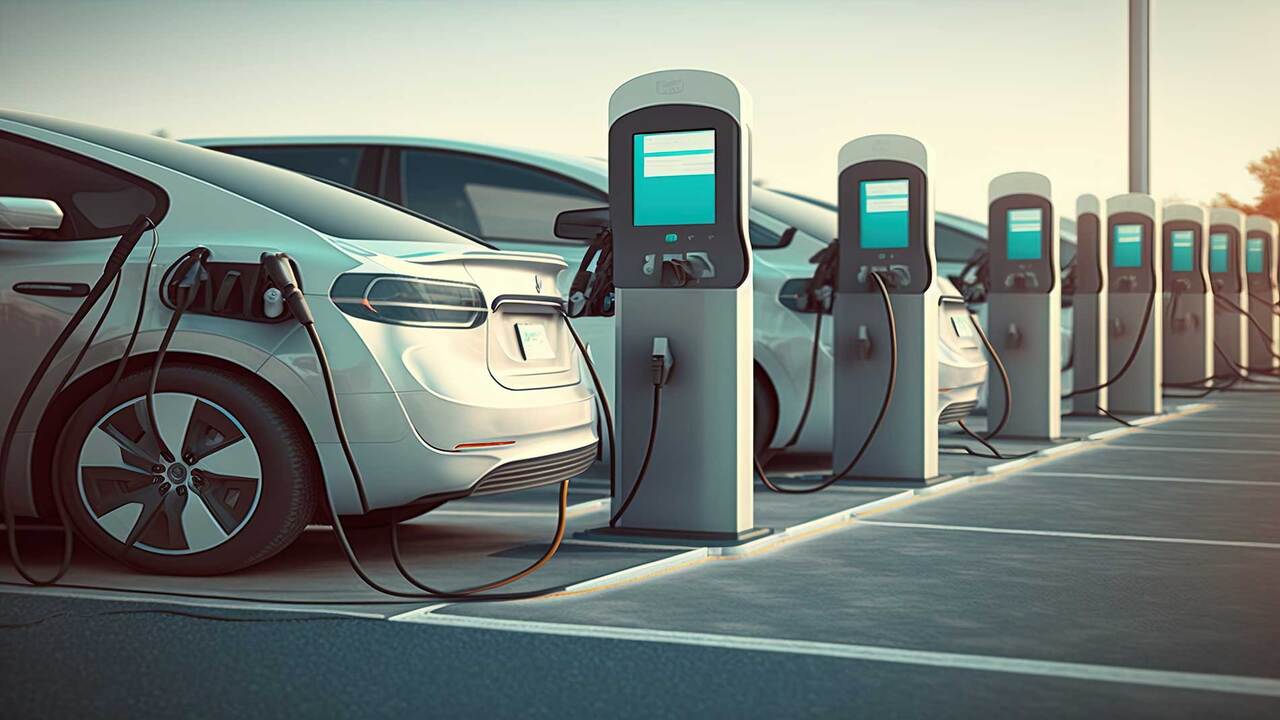
One of the most significant disadvantages of electric cars is the current state of charging infrastructure. While the number of charging stations is steadily increasing, they still lag behind gas stations.
This discrepancy can lead to range anxiety for EV drivers, who may worry about finding a charging station during long trips. The availability of EV charging stations varies greatly by region, making it essential for electric car owners to plan their journeys carefully.
2. Longer Refueling Times
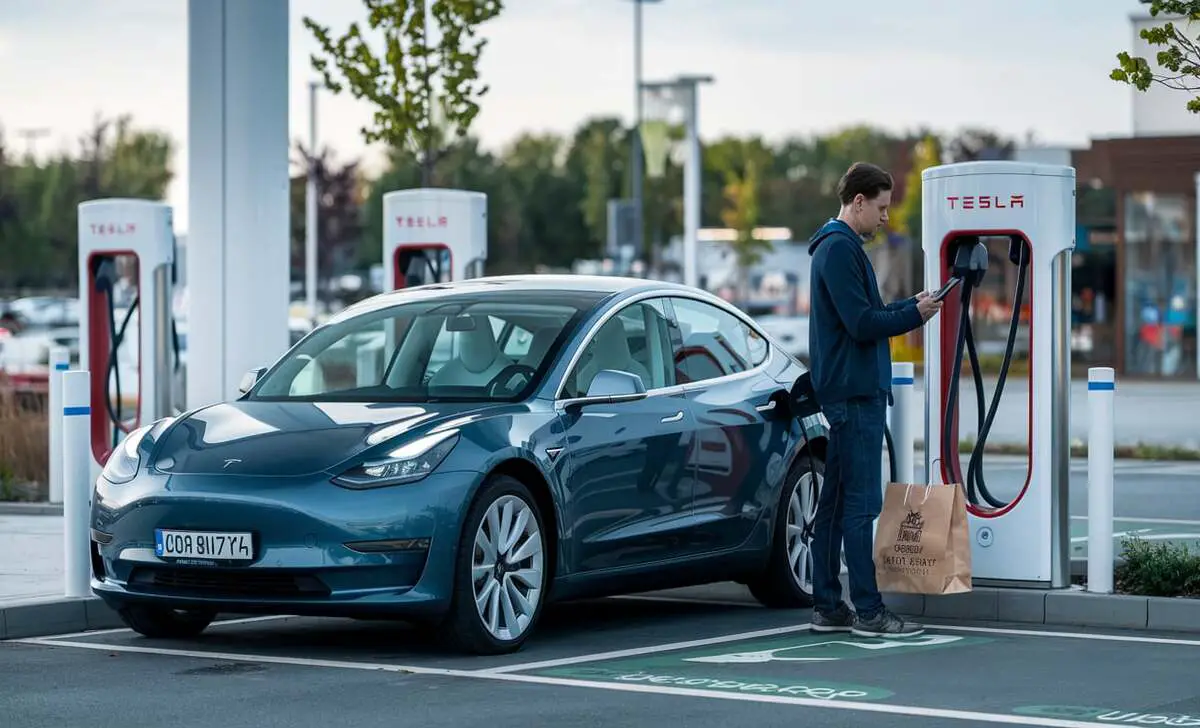
Charging an electric vehicle can take considerably longer than refueling a gas-powered car. While a conventional vehicle can fill its tank at a gas station in just a few minutes, EV charging can take anywhere from 30 minutes at a rapid charging station to several hours at a home charging station. This time requirement can be a significant disadvantage for those accustomed to the quick refueling times of gasoline vehicles.
3. Higher Initial Costs
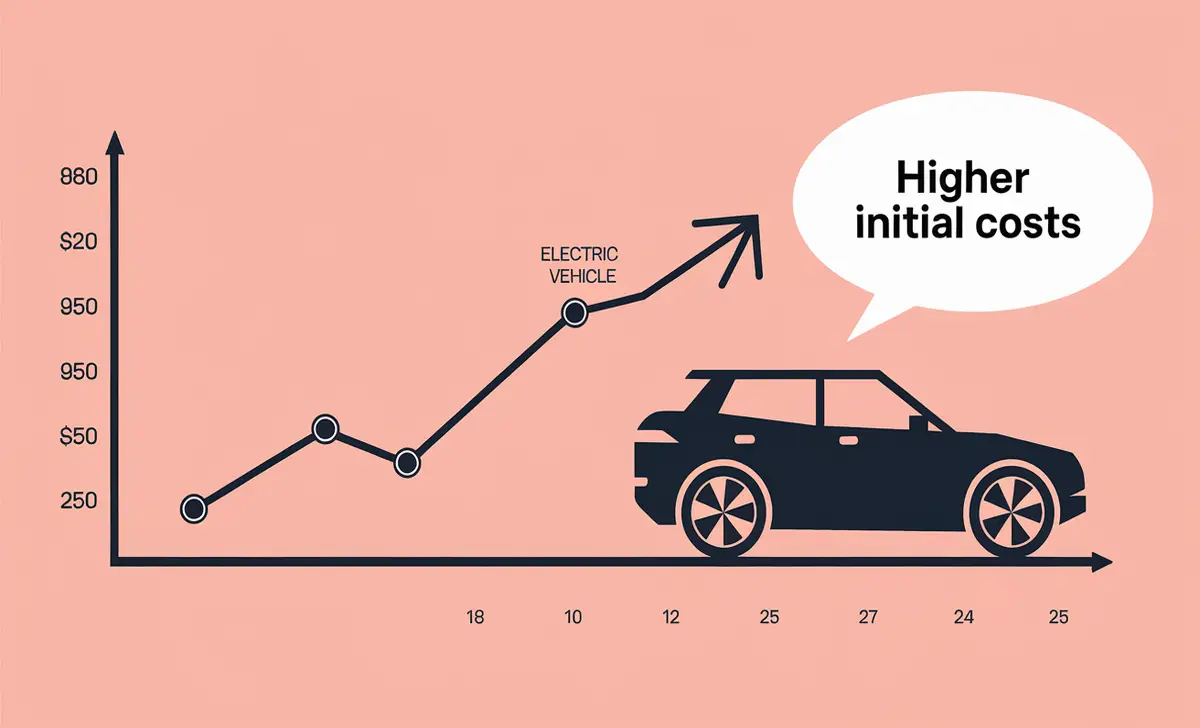
The initial purchase price of electric vehicles often exceeds that of traditional cars. Factors contributing to this cost include the price of electric car batteries and the advanced technology involved in electric motors.
Although incentives and rebates are available in some regions to encourage EV ownership, the upfront investment can still deter potential buyers. Additionally, insurance costs for electric cars can sometimes be higher due to their value and repair costs.
4. Battery Life And Replacement Costs
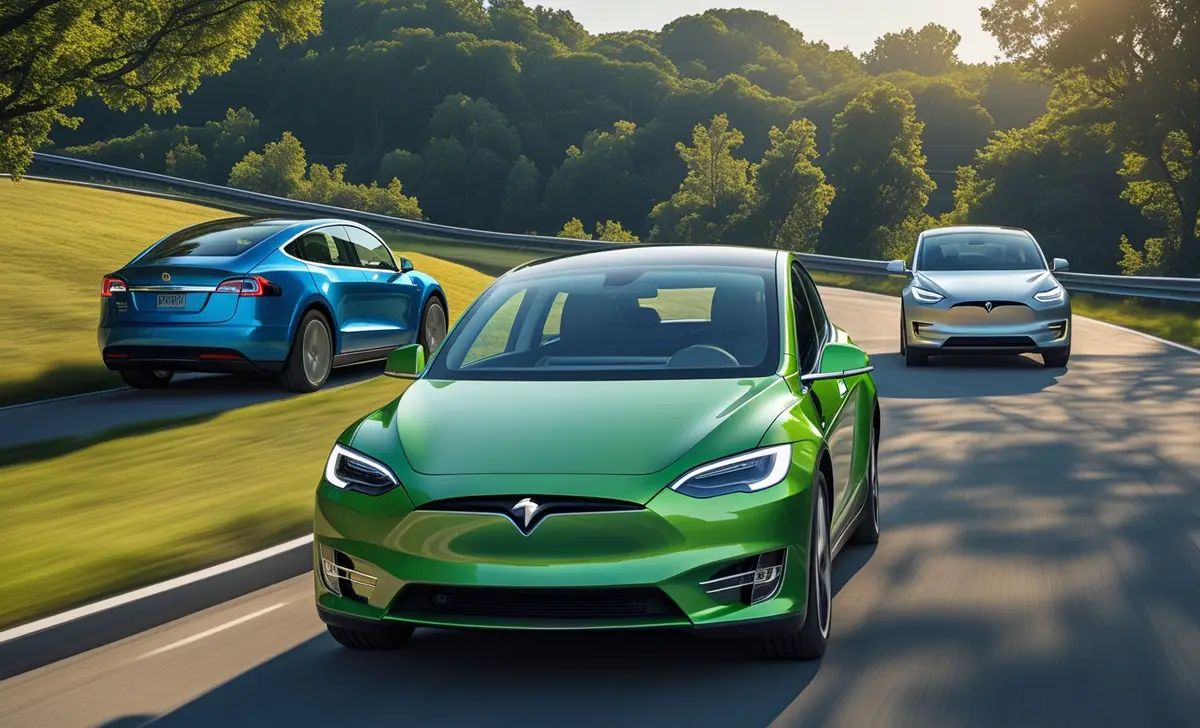
| Vehicle Type | Battery Replacement Cost | Lifespan of Battery |
| Gasoline Car | N/A | N/A |
Electric Vehicle (EV) | $5,000 – $15,000+ (depends on model) | 8-10 years (depending on use) |
Hybrid Electric Vehicle | $2,000 – $4,000 | 8-10 years (depending on use) |
The longevity of electric car batteries is another area of concern. While EV batteries can last several years, they will eventually degrade and require replacement.
The cost of a new battery pack can be substantial, making battery life a crucial factor for potential EV drivers. The technology behind electric car batteries, particularly lithium-ion batteries, is evolving, but battery replacement remains a financial consideration for electric car owners.
5. Limited Driving Range

Despite improvements in battery technology, electric cars generally offer a shorter driving range compared to gasoline vehicles. Many electric vehicles can travel approximately 150 to 300 miles on a full charge, while a gas-powered vehicle can often cover a greater distance before needing to refuel. This limitation can be particularly challenging for long-distance travelers, who may find it inconvenient to locate a charging station along their route.
6. Environmental Impact Of Battery Production

While electric cars produce fewer emissions during operation compared to conventional cars, the environmental impact of manufacturing electric car batteries is significant. The extraction of materials such as lithium, cobalt, and nickel used in batteries can lead to environmental degradation.
Furthermore, the recycling of electric car batteries poses its own set of challenges, making the sustainability of battery production an important concern.
7. Performance Limitations
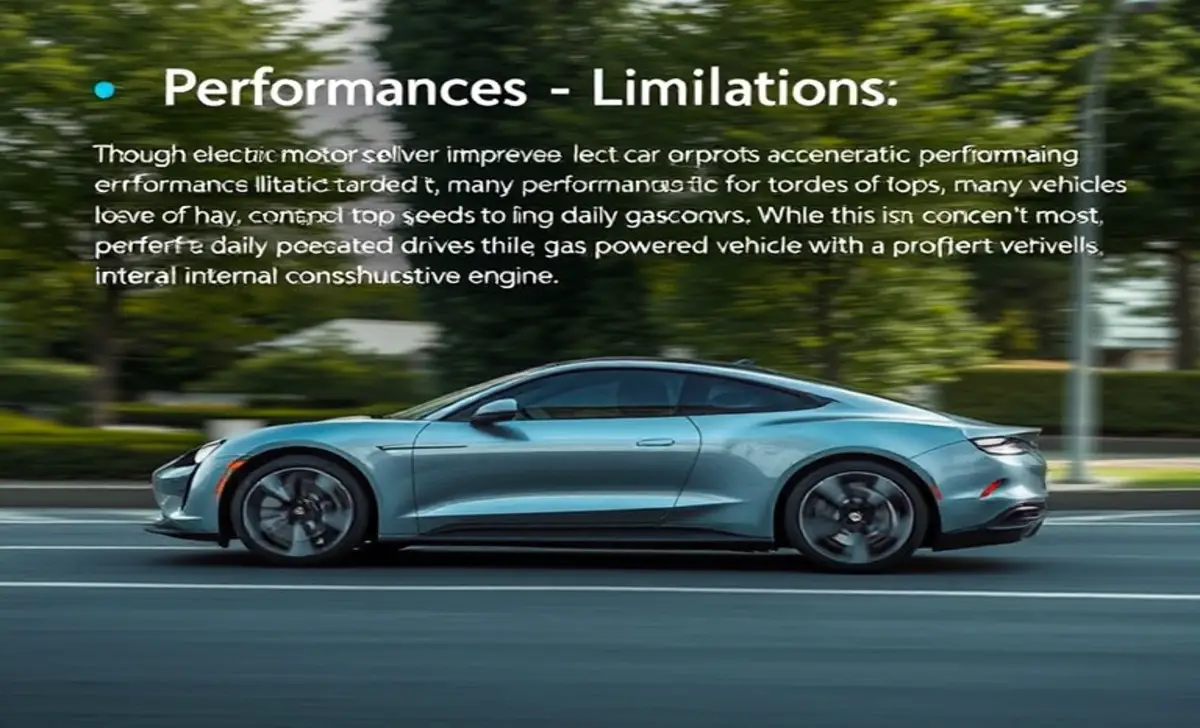
Though electric motors deliver impressive acceleration and torque, some electric car owners may find performance limitations in certain models. For instance, many electric vehicles have lower top speeds compared to high-performance gasoline cars. While this isn’t a concern for most daily driving needs, performance-oriented drivers might prefer a gas-powered vehicle with a traditional internal combustion engine.
8. Charging Challenges For Apartment Dwellers
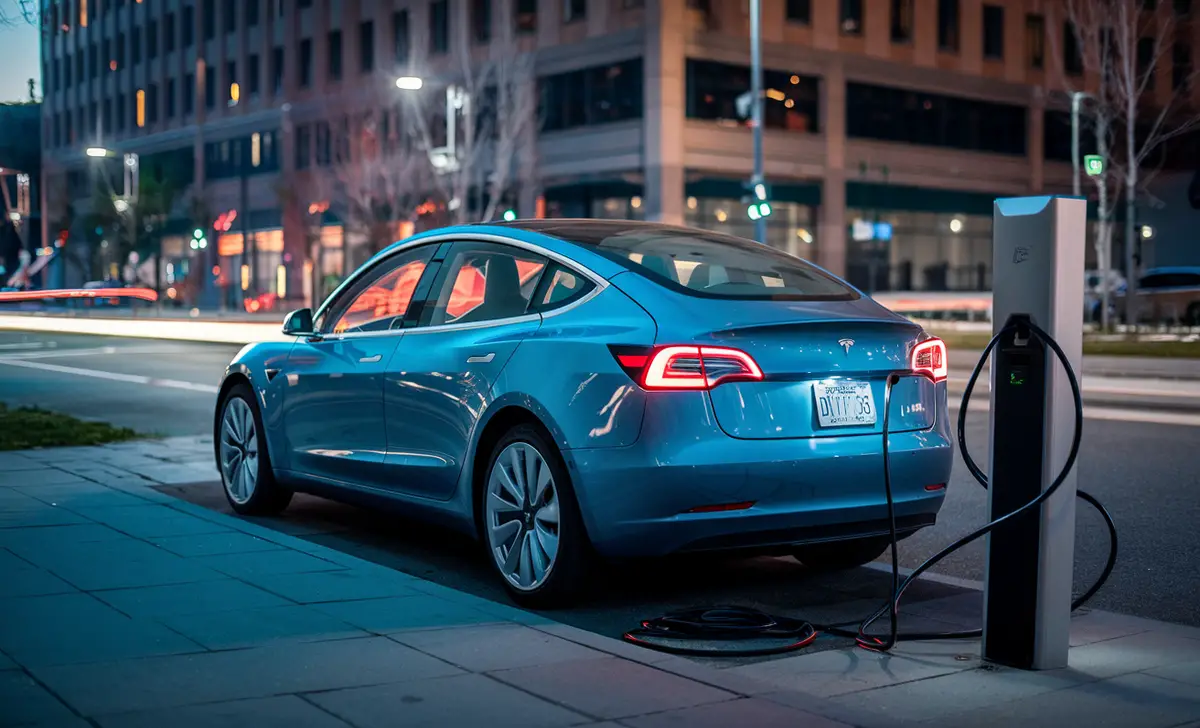
For those living in apartments or homes without a garage, charging an electric car can be a logistical challenge. Without access to a home charging station, EV owners may rely on public charging infrastructure, which can be less convenient. This lack of charging solutions can make electric car ownership less feasible for urban residents.
Potential Drawbacks Of An Electric Car Vs. A Traditional Gasoline Car In Terms Of Performance And Practicality
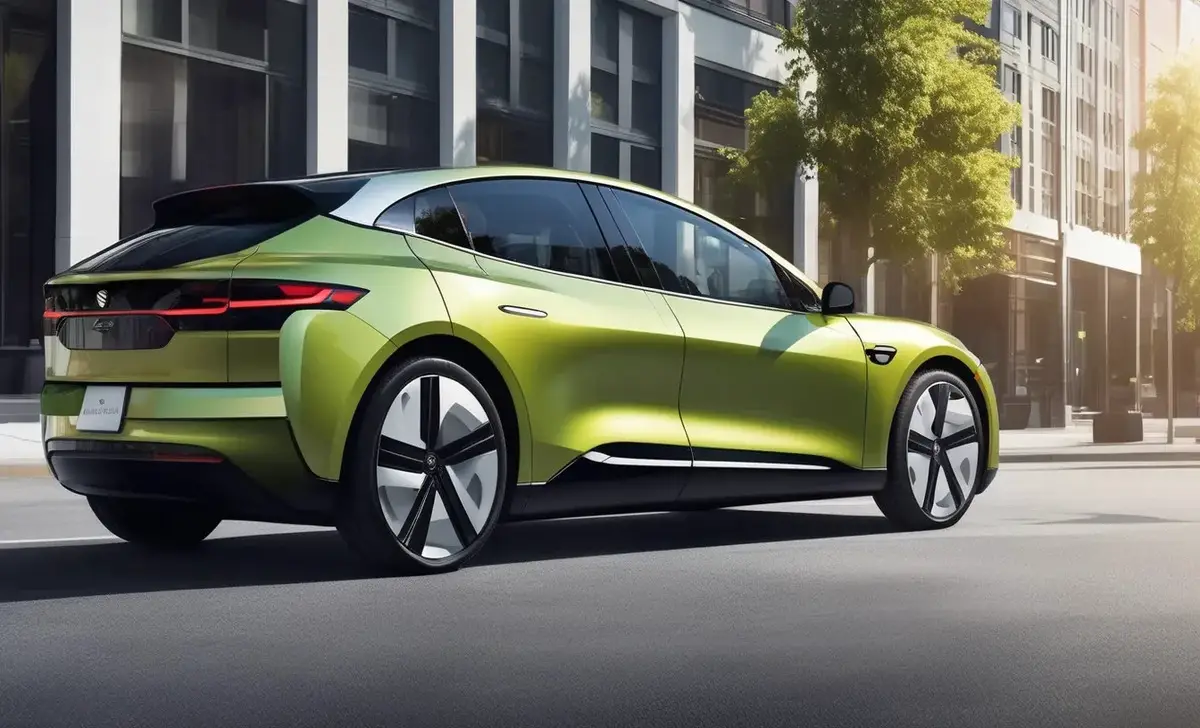
Electric vehicles (EVs) offer an average range of 211 miles, with most models between 100-300 miles, which can be limiting for long trips compared to gasoline cars. Charging takes longer, and battery replacement costs are higher, making EVs less practical and cost-effective in some cases.
- Performance:
Although electric vehicles (EVs) offer excellent acceleration and low-end torque, some gasoline cars may still have better overall top speeds, especially in performance models. EVs’ acceleration disadvantages might occur in specific models designed for longer range rather than speed, where the powertrain may not be tuned for performance. Moreover, electric vehicle batteries can degrade over time, reducing the driving range and performance.
- Practicality:
EVs require a reliable EV charger, which might not be readily available in all locations. In some regions, charging infrastructure for electric vehicles may not be as widespread as gas stations, potentially creating range anxiety for drivers.
Additionally, EVs may take longer to refuel (up to several hours at home compared to minutes at a gas station for a gasoline car). Hybrid electric vehicles provide an alternative by combining fuel and electricity, offering a solution to range limitations but still carrying the complexity of managing two power sources.
How Much Does It Cost to Charge An Electric Car?
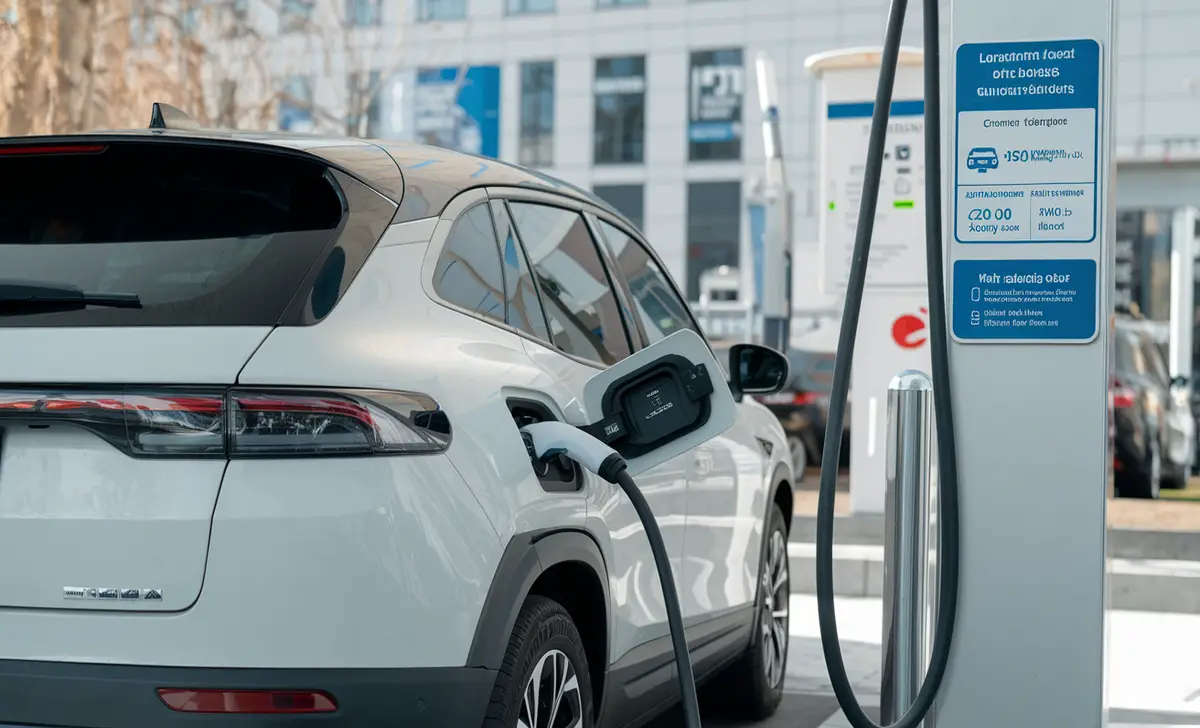
The cost to charge an electric vehicle (EV) depends on factors such as electricity rates and the capacity of the lithium-ion battery.
On average, charging an EV at home can cost between $0.10 to $0.30 per kWh, with a typical EV charger requiring 20-60 kWh for a full charge. This means it can cost between $3 to $18 for a complete charge, which is significantly lower than the fuel costs of a gasoline car.
Public charging stations may have different rates, often higher than home charging, but still much cheaper than fuel for a gas-powered vehicle.
Conclusion
Electric cars represent a significant step toward sustainable transportation, but they come with several disadvantages that potential buyers should consider.
Limited charging infrastructure, longer refueling times, higher initial costs, battery life concerns, and environmental impacts are crucial factors influencing EV ownership. Understanding these challenges allows prospective electric vehicle buyers to make informed decisions that align with their driving habits and lifestyle.
FAQs
1.Are Electric Cars More Expensive Than Gas-Powered Vehicles?
Yes, electric cars typically have a higher upfront cost than traditional gasoline cars due to the cost of the lithium-ion battery and advanced technology.
However, electric vehicles (EVs) often have lower operating costs over time. This is because they require less maintenance (no oil changes, fewer moving parts) and electricity is generally cheaper than fuel. Plus, there are often incentives, such as tax rebates, to reduce the initial purchase price.
2.How Long Does It Take To Charge An Electric Car?
Charging times vary depending on the type of EV charger used. Rapid chargers (DC fast chargers) can fully charge your vehicle in about 30-40 minutes, making them ideal for quick stops during long trips. Home chargers (Level 2 chargers) can take longer, typically around 6-12 hours for a full charge, but they allow you to charge overnight, so you have a full battery in the morning.
3.What Is The Driving Range Of Electric Cars?
Most electric vehicles (EVs) can travel between 150 to 300 miles on a full charge, depending on factors like the vehicle model, battery capacity, and driving conditions.
Long-range models can exceed 300 miles, but even standard EVs provide ample range for most daily commutes. With advancements in battery technology, driving range continues to improve, making electric cars more practical for longer trips.
4.What Are The Environmental Impacts Of Electric Car Batteries?
While electric vehicles produce fewer emissions during operation compared to traditional gas-powered vehicles, the environmental impact of manufacturing electric vehicle batteries can be significant.
The extraction of materials like lithium, cobalt, and nickel can contribute to environmental degradation. Additionally, battery recycling remains a challenge, though improvements in recycling technology are being made to reduce this impact and increase sustainability.
5.Can You Charge An Electric Car At Home?
Yes, electric car owners can easily charge their vehicles at home by installing a home charging station. This is typically a Level 2 charger, which can fully charge your car overnight, allowing you to start each day with a full battery.
Home charging is convenient and cost-effective, as it uses your regular electricity supply and eliminates the need to visit public charging stations for routine charging.
6.What Are The Acceleration Disadvantages Of Electric Cars?
Electric vehicles (EVs) are typically known for their rapid acceleration due to the instant torque provided by the electric motor. In some cases, the acceleration disadvantages of an electric vehicle compared to a gas-powered vehicle may occur when performance priorities shift towards maximizing battery range rather than speed.
Some EVs with longer-range lithium-ion batteries may not have the same aggressive acceleration performance as high-performance gasoline cars or hybrid electric vehicles tuned for more speed-focused performance.
7.What Are The Advantages Of Hybrid Electric Vehicles?
Hybrid electric vehicles (HEVs) combine the benefits of electricity and fuel, which offers multiple advantages:
- Fuel efficiency: Hybrid vehicles can use fuel for longer trips, eliminating the range anxiety associated with pure electric vehicles. They are also more fuel-efficient than gas-powered vehicles since they use both gasoline and electricity.
- Lower emissions: By utilizing renewable energy (electricity), hybrid vehicles produce fewer emissions than traditional vehicles, contributing to environmental benefits.
- Reduced operating costs: Fuel costs for hybrid electric vehicles are generally lower than for gasoline cars due to their ability to switch between electricity and fuel based on driving conditions.
- No need for constant charging: Unlike electric vehicles that require regular charging, hybrid electric vehicles can rely on their gasoline engine when the battery runs low, providing added convenience for drivers.